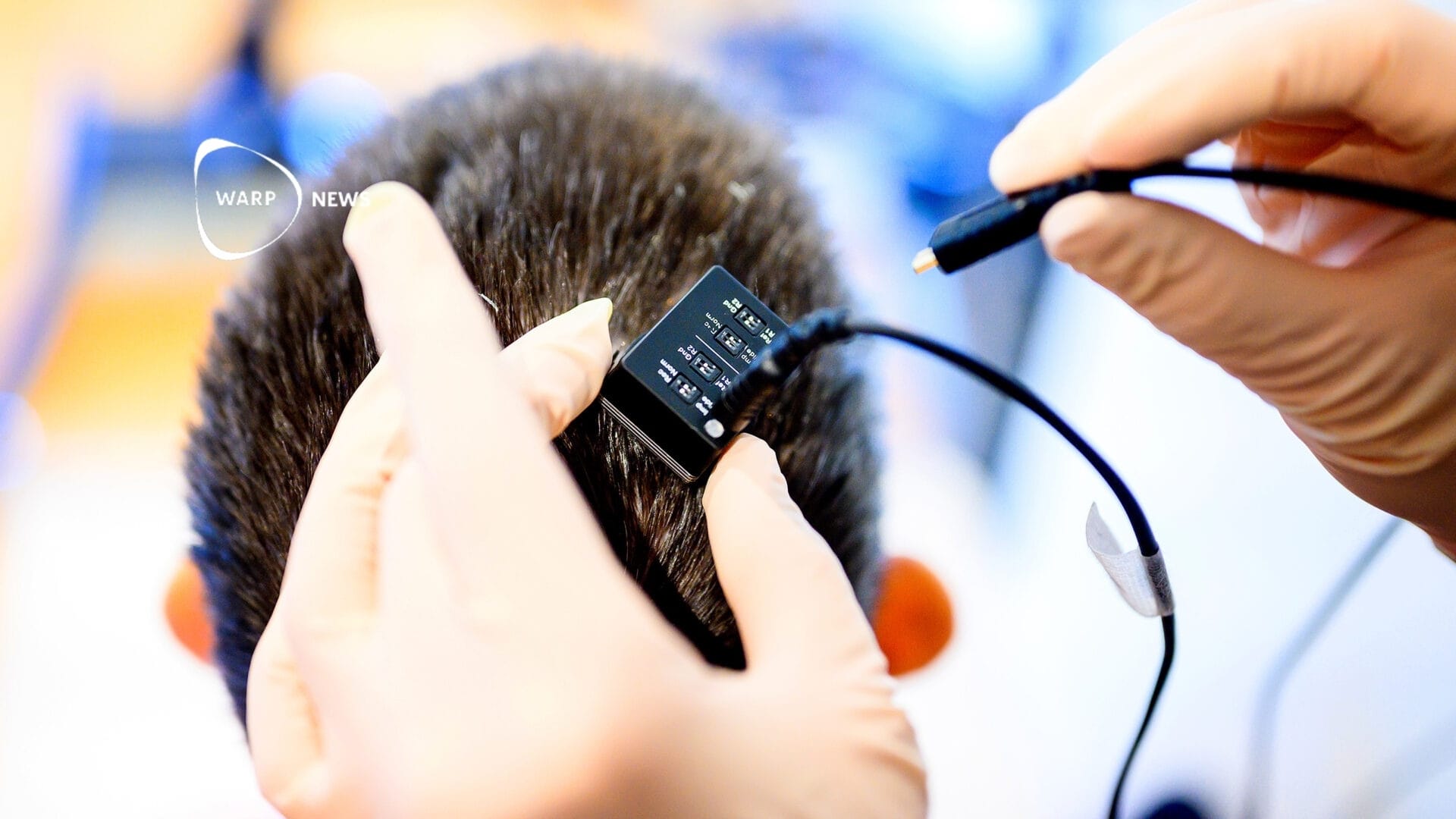
🗨️ No more syntax error
Machines will use our language to talk to each other.
Share this story!
The ingenious language
Language is an ingenious construction. Based on a number of words and rules for how they are put together, I can write a sentence you've never seen before, yet you understand what it means. You don't need to learn a certain number of exact sentences and their meanings to understand what I write. If that were the case, communication between humans would have been much more limited.
Moreover, with a limited number of words and rules, we can create an unlimited number of sentences. And we can understand them all.
It's called syntax.
Imagine humankind without this ability. We wouldn't be anywhere near the level of development we have today, if we had survived and remained on Earth at all.
Unfortunately, we've been severely limited in how we communicate with computers and machines. The computer must have an exact instruction (programming) that it has learned beforehand, otherwise it doesn't understand. If you write even a small variation, it fails.
Syntax error.
Computers and humans get a common language
With generative AI, this changes. Computers have learned to understand our language. You can write a sentence it has never seen before and it still understands. Plus, it can write back to you in the same way. Suddenly, we can all get computers to do advanced things for us, like programming, drawing pictures, or creating music.
Since we're not bound by exact instructions, the variation in what we create can be very large. Therefore, a massive amount of human potential and creativity will be unleashed.
That we can talk to machines and they to us isn't everything. Now they can also talk to each other.
When one computer needs to talk to another, they obviously need to understand each other. If they're coded in different programming languages, they don't. Then a special solution is needed for them to communicate.
With generative AI, they get a common language to use. Plus the associated intelligence that comes with a large language model (like those behind ChatGPT, Claude, Gemini, etc). Thus, the different computers can have something to talk about, so to speak.
The computers talk to each other in Slack
An example is when an AI sits in on a video meeting and takes meeting notes. It notes, among other things, who should do what. After the meeting, the notes need to be distributed. The entire document should be placed in the right folder, but also emailed to the relevant people. If someone has been assigned a task in the meeting, that person should be specially notified, even if they weren't at the meeting.
This may require several AIs, with different tasks and access. They're called AI agents. So they need to communicate with each other, not least to share the meeting notes. How and where does this happen? In the same channels we use. Slack, Teams, email, for example. Since they now use our language to communicate, they can also use the same communication channels.
Think about how much smarter, more efficient, and better we humans have become through being able to talk to each other. In a similar way, we'll be able to make machines and computers better. But unlike us, they don't get tired or find things repetitive.
The ability to get computers to do things together isn't limited to just a few people, we all possess it now. Because we all have a natural language.
Mathias Sundin
Angry Optimist
By becoming a premium supporter, you help in the creation and sharing of fact-based optimistic news all over the world.


